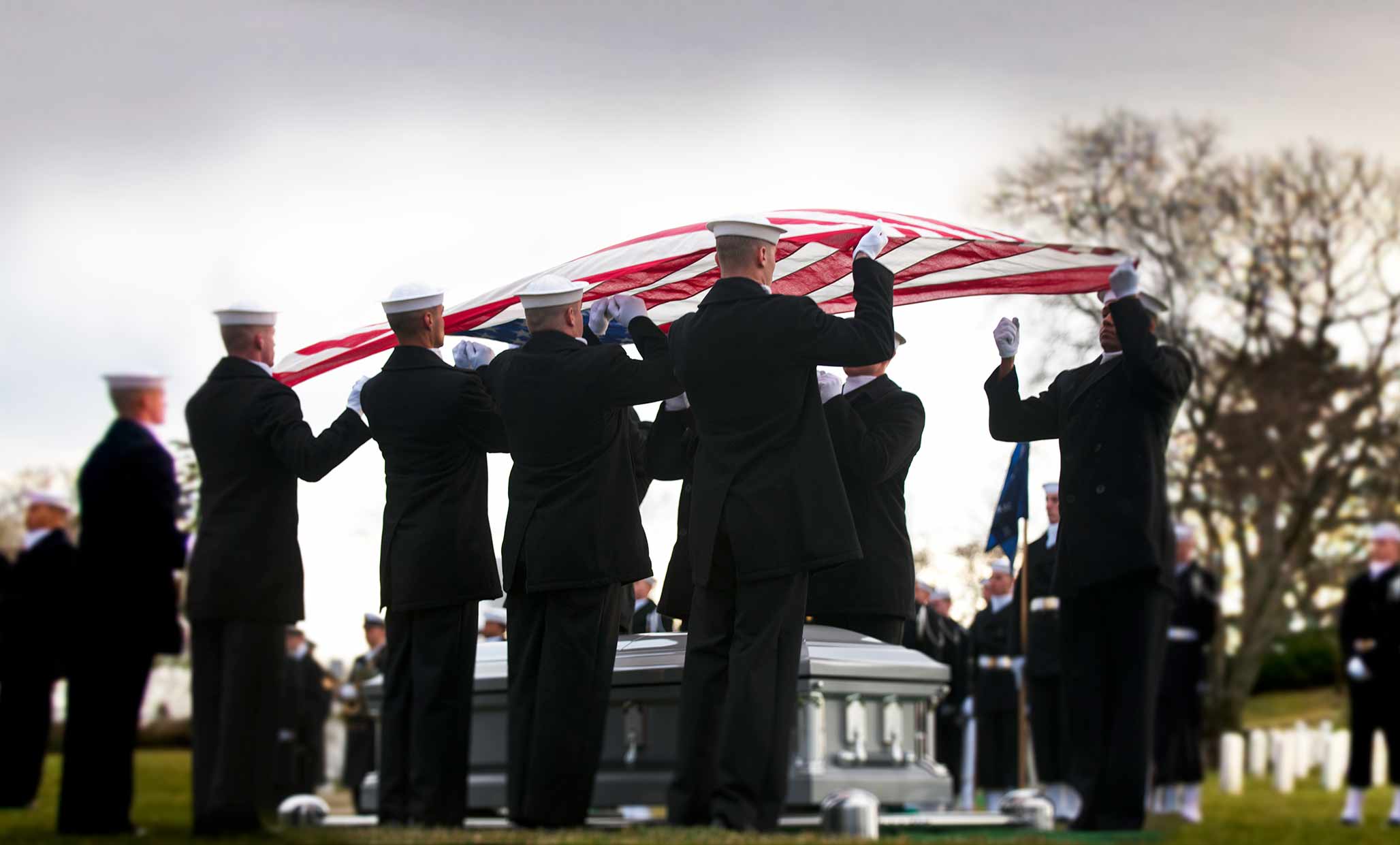More Information
Responsibilities
As an Enlisted Mortician (HM-Mortician), you are technically part of the Hospital Corpsman program. You will handle administrative, logistical, and mortuary services for deceased Sailors and Marines. Your role requires treating those you serve with the utmost dignity, honor and respect for the sacrifice they have made. In your job, you may expect to:
- Assist in recovery, identification and inspection of remains
- Oversee the care and preparation of the remains of fallen Sailors, including embalming duties and final presentation
- Prepare for and direct the transportation of remains
- Liaison with families and foreign government officials for disposition of remains, and ensure proper documentation accompanies remains
- Conduct funeral services and direct pallbearers, clergy, mourners and flowers as needed
- Offer counsel and comfort to bereaved families or friends
Work Environment
Navy Morticians are shore-based and assigned to Navy Casualty. While most all Navy Mortician positions are located in the U.S., a Mortician’s responsibilities could require them to travel to distant locations around the world, and some Morticians may be assigned to overseas stations.
Training & Advancement
Upon completion of initial training at Recruit Training Command Great Lakes (known as Boot Camp), you’ll report for specialized technical training at Hospital Corps “A” School in San Antonio, TX for 19 weeks.
Following “A” school training, you’ll be assigned to your duty location. Most Navy Morticians are assigned to duty stations in Millington, TN, Dover, DE or Quantico, VA.
Promotion opportunities are regularly available but competitive and based on performance.
Post-Service Opportunities
Specialized training received and work experience gained in the course of service can lead to valuable credentialing and occupational opportunities in related fields in the civilian world, such as Embalmers, Funeral Attendants, Funeral Home Managers, Morticians, Undertakers, and Funeral Arrangers.
Education Opportunities
Beyond offering access to professional credentials and certifications, Navy technical and operational training in the field of Mortician can translate to credit hours toward a bachelor’s or associate degree through the American Council on Education.
You may also continue your education through undergraduate degree opportunities like the Navy College Program and Tuition Assistance and the Post-9/11 GI Bill.
Qualifications & Requirements
A high-school diploma or GED is required to become an Enlisted Sailor.
Those seeking a position as a Hospital Corpsman-Mortician must be U.S. citizens. You should have strong communication and writing skills, good use of your hands and competence with tools and equipment.
Important personal traits for a role as a Mortician include dependability, trustworthiness and resourcefulness. Please note that any illegal involvement with drugs may be disqualifying.
Navy Morticians must currently hold a Funeral Director/Embalmer license from one of the fifty U.S. states and have at least two years of funeral director experience to achieve a higher pay grade.
General qualifications may vary depending upon whether you’re currently serving, whether you've served before or whether you've never served before.
Part-Time Opportunities
There are no part-time jobs as a Navy Reserve Sailor in this role. Go back to Careers to find other jobs that have a Reserve component. You can also find out more about what life is like as a Reserve Sailor in the Navy.































































































































